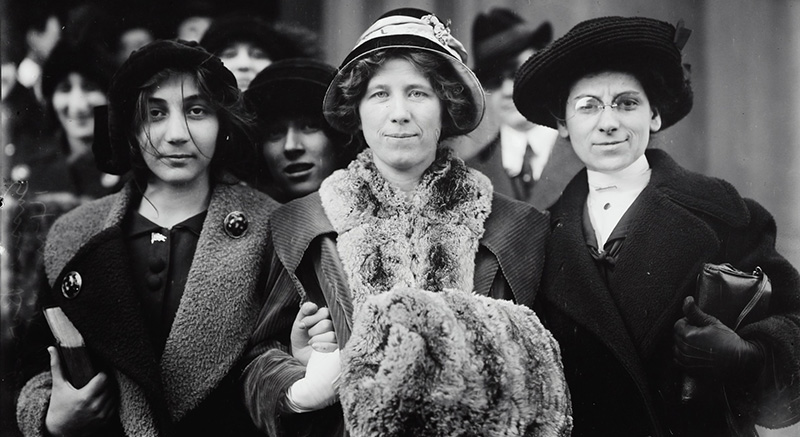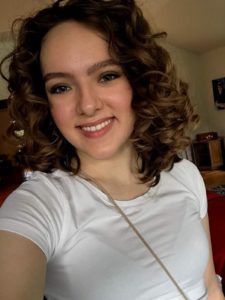“Sex Differences and the Suffrage Movement,” by Kathleen Durkin
September 24, 2020
Every Mudd student will take HSA10: Critical Inquiry, a seminar intended to introduce students to the process of inquiry- and research-based writing. This class, for which there are many available sections, each with a different focus, encourages students to think more deeply in a humanities or social science setting.
In my section of HSA 10, “Science, Gender, and Sex,” I became interested in the historical interactions between cultural and scientific understandings of sex. For my final research paper, I narrowed my focus on these interactions to examine how they influenced the American Suffrage Movement.
Initially, I found that both suffrage- and anti-suffrage groups used a variety claims about sex differences, with both social and biological bases, to support their respective arguments. Interestingly, I noticed a kind of symmetry between the two sides’ arguments, in which they seemed to agree on a fundamental set of sex differences but used those differences to support conflicting political agendas. Throughout the course of my paper, I examined the extent of this symmetry.
For instance, a prominent example appeared in suffragist and anti-suffragist agreement on the “natural sphere” of women. Both movements widely believed that women had a social responsibility to be the nurturing, moral and religious epicenters of the home. However, while antisuffragists believed that this definition of women’s societal role disqualified them from political involvement, suffragists used it to argue in favor of enfranchisement.
This examination showed that, not only did the two sides share a core set of beliefs about the inherent differences between men and women, they often interpreted identical sources of information to support directly opposing claims. I ultimately concluded that my research highlighted a prime example of the power of motivated reasoning and raised questions about the validity of all evidence-based arguments.
Kathleen Durkin ’23

Harvey Mudd College sophomore Kathleen Durkin ’23 submitted the paper “Mirrored Opposites: Symmetric Claims About Sex Differences Within Pro- and Anti-Suffrage Rhetoric” for Professor Vivien Hamilton’s course Science, Gender, and Sex. Durkin was awarded the First-year Writing Prize in spring 2020 by the Department of Humanities, Social Sciences, and the Arts.